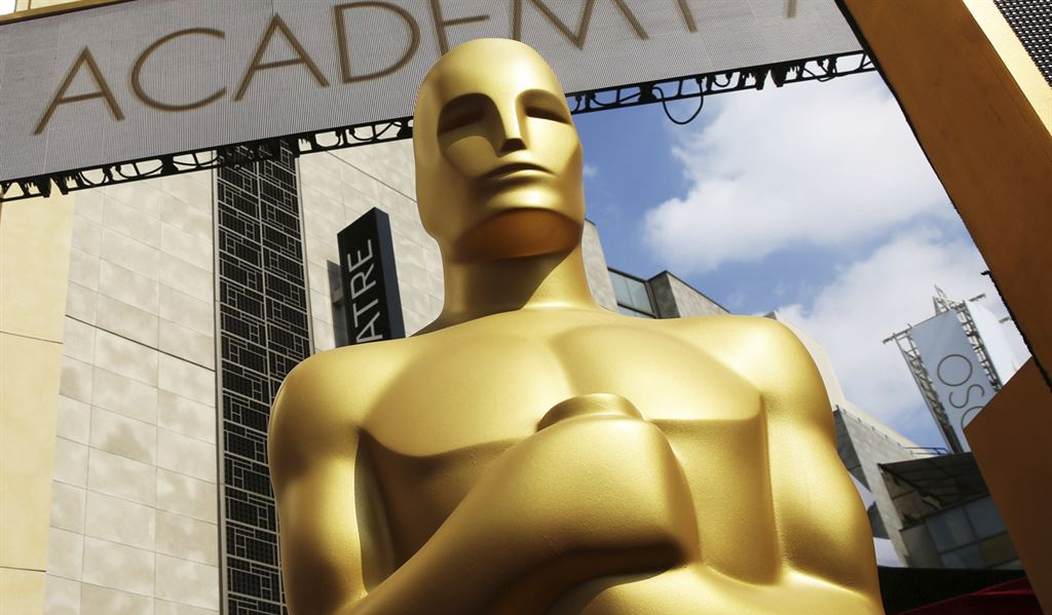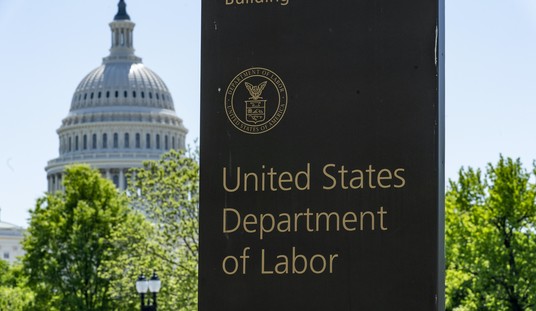I did not watch the Sunday Academy Awards telecast. Not because I wasn't inclined, but we are cord cutters and I don't subscribe to Disney+ or ABC. The Motion Picture Academy and ABC are very proprietary about their content, and we have no access to live TV. I wasn't interested in trying to catch clips on YouTube, so I contented myself with binge-watching my new favorite series, "The Resident," and decided to catch the clips in the morning.
From the Awards clips, the show was just meh. No Oscar slap, no surprises, and definitely no engaging host. Jimmy Kimmel is among the most unfunny comedians on the planet, and the reports and commentary about his Oscar monologue proved this to be true. Johnny Carson and Billy Crystal are in a class by themselves, and so far, no one has been able to touch them—nor should they try, as they would fail miserably anyway. The speeches, while amazing in their limited political posturing (somebody must have gotten the memo), were also lackluster in their effusiveness and sincerity, almost as though they were rehearsed or coached. Robert Downey Jr. won Best Supporting Actor for his role in Oppenheimer and gave a quirky, on-brand RDJ acceptance speech. Cillian Murphy's speech for his Best Actor win for Oppenheimer was extremely compact, but typical: the Academy, his agent, the director, his family, etcetera. Murphy did end on a thoughtful note: "For better or for worse, we're all living in Oppenheimer's world. So I would really like to dedicate this to the peacemakers everywhere." Somewhat political, but without being preachy or partisan. Hat tip to him for that.
The standout speech of the night, in my opinion, was for Best Supporting Actress. A relative Hollywood unknown named Da'Vine Joy Randolph won for her turn in a limited-run Alexander Payne film, The Holdovers. The film, set in the early '70s, is one of the few Best Picture nominees I saw, and I enjoyed it not only for the performance by Paul Giamatti (who really does deserve an Oscar) but for Randolph's performance as grieving mother and cafeteria manager Mary Lamb. Lamb is the listening ear and emotional guide for the main characters: curmudgeonly teacher Paul Hunham (played by Giamatti) and troubled student Angus Tully (played by Dominic Sessa) through their coming to terms with difficult childhoods, life circumstances, and the emotions that come with it, while Lamb herself is navigating the weight of her own loss. Her accomplished son Curtis had just been killed in the Vietnam War. It is a striking and vulnerable performance, and the Academy's giving the award to Randolph is well deserved.
Randolph looked fabulous and luminous in a strapless, off-the-shoulder silver gown with feather boa sleeves as she walked regally up to the stage to accept her Oscar. What I liked most about Randolph's speech was her heartfelt gratitude: for being an actress, for the opportunities presented to her, and for the people who helped her along the way. She also gave honor to God, which is always at a dearth in these award shows.
God is so good. God is so good, you know, I didn't think I was supposed to be doing this as a career. I started off as a singer, and my mother said to me, go across that street, to that theater department, and there's something for you there. I thank my mother for doing that.
Randolph sought in her performance to pay homage to the Black performers who have come before her. Even in her explanation of this, she showed immense gratitude, and gave us insight that an actor of any color's job is to express emotions and situations that are universal, and not just race-specific.
It’s imperative, because the people who’ve done it before me allow me to be in this position now, and so the type of work I do, my strive for authenticity, for quality, allows there to be a new standard set where we can tell universal stories in black and brown bodies, and it can be accepted and enjoyed amongst the masses. It’s not just Black TV or Black movies for Black people, instead of a universal performance that can be enjoyed by all.
Randolph also paid homage to her own grandmother, using her glasses for her character in the film. There were other pieces of her performance that also paid honor to Black women.
I knew that she was just someone in my life that would allow me to get right back to the center. And there were many women. I did a lot of research and did little subliminal messages, if you will, with hairdos and details and accessories beyond the glasses, giving homage to women—from the Jeffersons; Phyllis Hyman… I felt like it was a love letter back to black women.
Let's hope Randolph does not lose that gratitude, inspiration, and focus of her art and her life. She is just the substance Hollywood needs and certainly does not deserve.















Join the conversation as a VIP Member